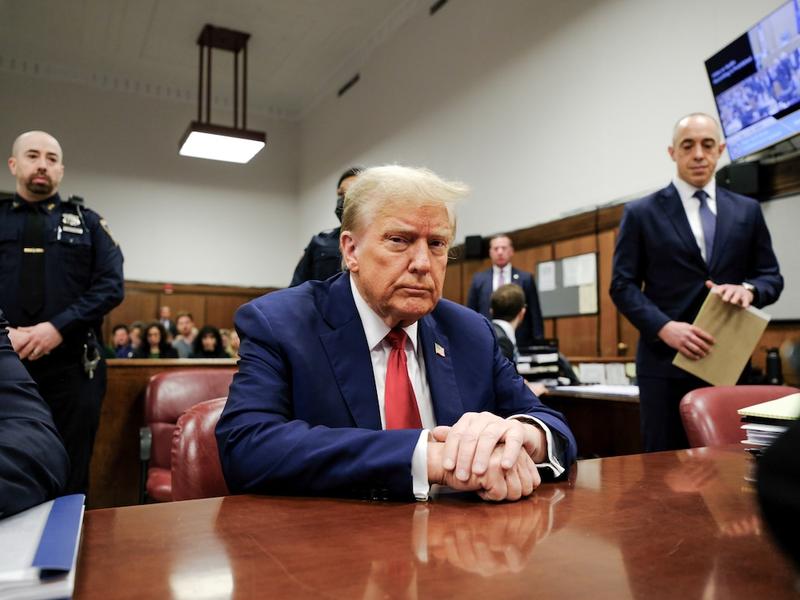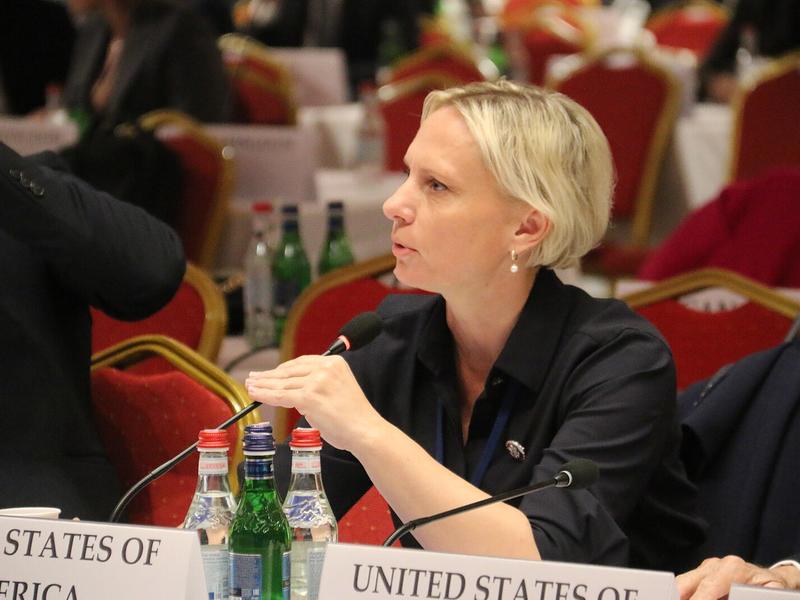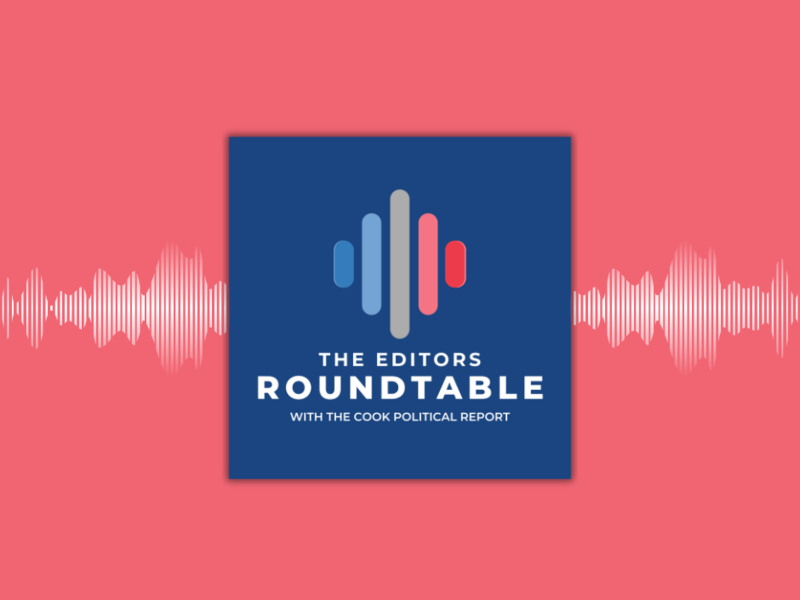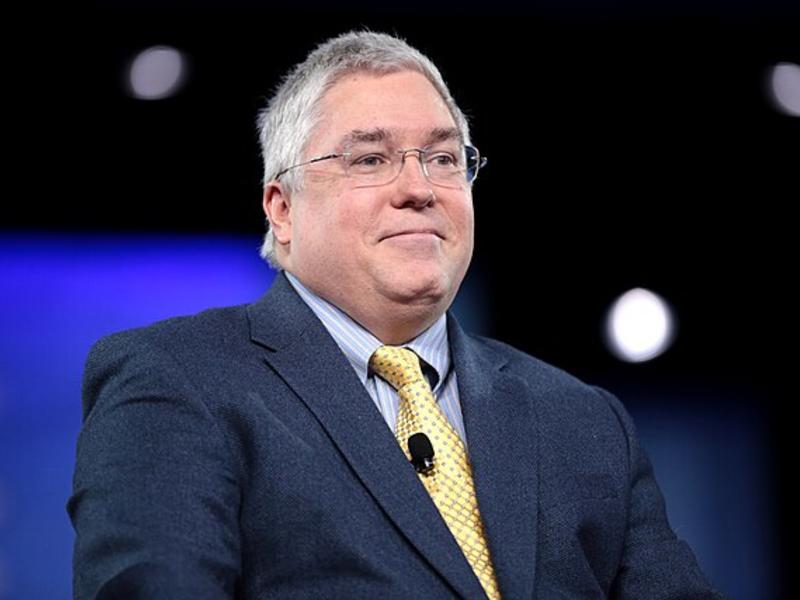
One of the more interesting things I’ve read in recent weeks was a close and highly informed look by my old friend John Ellis at the relationships that do or did exist between News Corporation Chairman Rupert Murdoch, the late Fox News Chairman Roger Ailes, Senate Minority Leader Mitch McConnell, and former President Trump.
Ellis, one of the sharpest political minds around, wrote in his "News Items" daily newsletter: “There are two things that most people don’t understand about Fox News. The first is that a significant slice of the audience (Ailes thought it was 25–30 percent) thinks that Fox News is 'too moderate' or 'too liberal.' The second is that the audience programs the network, not the other way around. If 68-year-old conservative and right wing white males in the Middle West don’t like what they’re hearing on the channel, Fox immediately adjusts its coverage to make sure that they do.”
Indeed, when Fox strayed from its “designated cheerleading” role during the 2020 election and its aftermath, “a significant slice of the audience abandoned the network,” some turning to the even more conservative OneAmerica, Newsmax, or Breitbart. "The Murdochs panicked, firing a number of people thought to be insufficiently devoted to the Trump 'base.'"
Things got more complicated, however, where McConnell was involved. Ellis, a longtime friend of Ailes, reminds us that Ailes had been the media consultant in McConnell’s upset win over Democratic Sen. Dee Huddleston in 1984. McConnell and Ailes, and by extension, Murdoch, have had a mutually beneficial relationship ever since. McConnell and Trump were never close or had much use for each other, aside from some common goals, such as a more conservative federal judiciary. It is also safe to assume that McConnell blamed Trump for losing both Georgia Senate seats in the January runoffs, as well as for the attack on the Capitol the next day.
Ellis goes on: “From the well of the Senate, on January 19th, McConnell finally made his disdain for Trump crystal clear with a searing speech (by McConnell standards) that lay blame for the riots squarely on Trump.
“Trump was enraged. Fox News was confused. But aside from Sean Hannity’s persistent McConnell bashing, which no one really took seriously, Fox aligned, gently, with McConnell. Murdoch after all was a McConnell fan and more than glad to see the back of Trump.
“And then the tide turned. Fox, like most everyone else, initially viewed January 6th as the End of Trump. That was not how the Fox News Channel’s audience viewed it, at all. They saw it as a patriotic uprising against a thoroughly corrupt political system”—and McConnell was at the center of it.
And so, Ellis writes, “began Trump’s concerted campaign to have McConnell ‘deposed’ as the Republican leader in the Senate.” Trump began to condition his Senate endorsements on promises not to back McConnell for leader. Murdoch joined the fray with a response in his New York Post, in an editorial titled “Trump’s attacks on McConnell are wildly off-base.”
A disclosure about Ellis: John and I met 44 years ago when I was working at my first job out of college at a campaign committee and John for NBC News’s Elections Unit in New York. John had the biggest Rolodex of anyone I ever met in politics. For probably 25 years, I would get calls from John at least weekly if not daily, and I would learn five or six really inside pieces of information or true insights.
I returned the favor, too. Anytime I would hear an inside piece of information, I would call him immediately, before he might hear it from someone else.
For quite a few years John worked on the decision desk for Fox News in New York, and now he is involved in venture capital and writing his smart newsletter on the side. Ellis comes pretty naturally to politics as the grandson of Sen. Prescott Bush, nephew of George H.W. Bush, first cousin of both President George W. Bush and former Florida Gov. Jeb Bush, and uncle of Texas land commissioner George P. Bush.
Tuesday morning, Ellis’s "News Items" will report that a Goldman Sachs research note concluded that the most recent University of Michigan Consumer Sentiment Index data “reveal a very significant issue: the report notes that consumer sentiment fell by 9.4% among households with total incomes below $100,000 in early January, but rose by 5.7% among households with incomes over that amount, and suggests that this gap may be driven by the regressive effects of elevated inflation.”
This might explain what appears to be a shift toward the GOP in party affiliation over this first year of the Biden administration. It appears that independents who had leaned toward Democrats are now shifting, remaining independent but now saying that they lean Republican. An Achilles' heel in Democratic thinking has long been an obsession with unemployment, which is serious but affects perhaps one in 20 Americans, and a lack of concern over inflation, which is felt by 100 out of 100 Americans.










Subscribe Today
Our subscribers have first access to individual race pages for each House, Senate and Governors race, which will include race ratings (each race is rated on a seven-point scale) and a narrative analysis pertaining to that race.